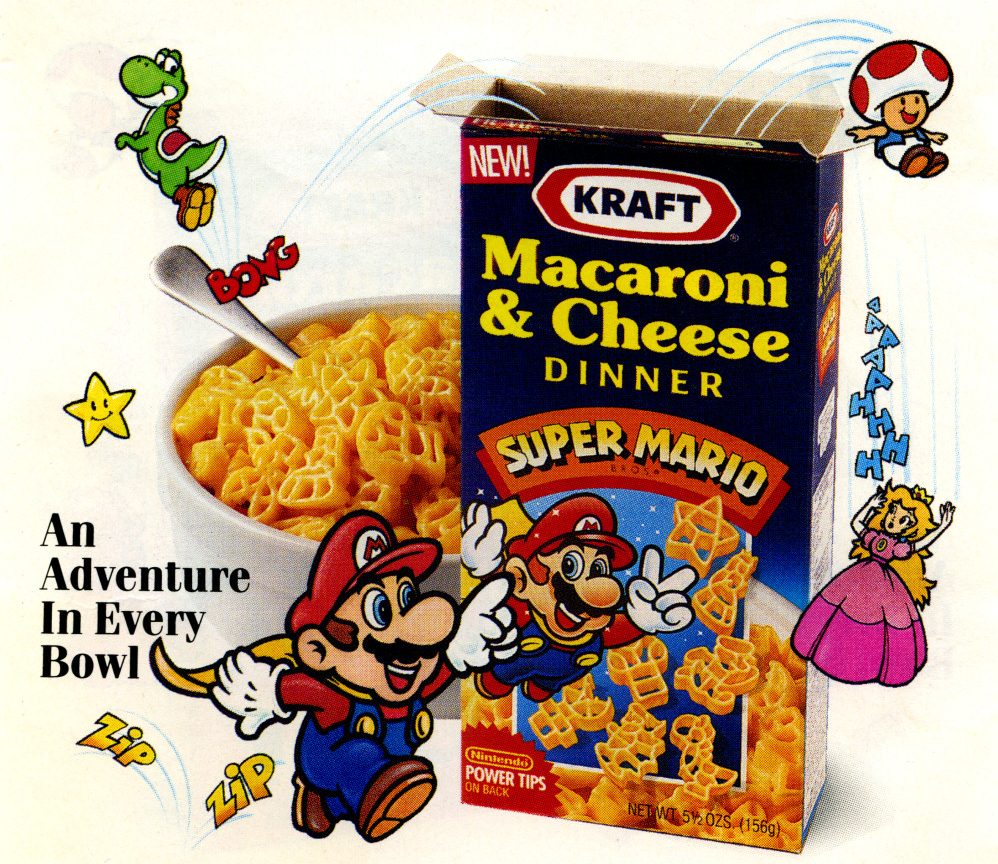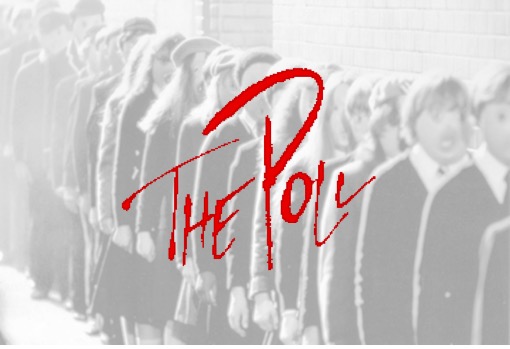A Canon, If You Can Keep It

Every nation is shaped by its canon. It’s time to shape America’s.
The American soul, unlike, say, the soul of a Frenchman, grows uneasy when it comes to canon-talk. Our egalitarian instinct effaces distinctions on a level that’s unfathomable—and unacceptable—to Europeans proud of their proprietary artistic achievements, or at least understanding of the value in celebrating them. It’s not that Americans lack opinions about what’s good and bad. Witness our obsession with listicles, from the top power ballads of the 80s on down. It’s just that we appear unenthused, or bored, or offended, when it comes to authoritatively ranking our intellectual artifacts—the things that matter most in high culture.
Our reticence is shameful and dangerous.
It’s shameful because America, contrary to the snide remarks one overhears and occasionally reads, has produced arts and letters whose excellence deserves global recognition and celebration. Moreover, though poorly articulated and defined, there is an American canon, one that has shaped our character and destiny. And it cannot help but continue to do so. Inevitably, reclaiming and remembering the best of our tradition will be the key to our survival as a country. If that strikes you as overstated, go read a history book.
Our reticence to define our national canon is dangerous because, and as my colleague James Poulos reminds us, the locus of our intellectual works is moving from a textual to digital context. In this new world the very concept of a canon, let alone an American one, strikes many as oppressive, even menacing—a power play by one identity group over all others.
Canons are bounded things: this book, and not that one. Their expansion is slow. At the moment we are trying our absolute best to liberate ourselves from limits of all kinds by uploading our minds and our libraries onto the internet. “I am a global citizen and my library is infinite,” the NYT writer will reply indignantly, and blink. Only closed-minded, illiberal types restrict their knowledge by ideating a canon. Elitist. Get with the times.
Yet what is your smartphone but a Library of Alexandria in the palm of your hand? You may drive out canons with a pitchfork, but they keep on coming back.
Conservatives Need A Better Canon
For those fond of fixed natures, this is welcome news. Intellectual conservatives are good at accepting the premise of canon-talk. We have that over intellectual liberals. We do have our own vices in this area, though. Have you ever noticed that many of our conversations on this theme start and stop with a few Founding documents, a sprinkle of Lincoln, maybe some Twain and Melville? But bring up Gershwin, Satchmo, Dylan. Hopper. Stagecoach. Frank Lloyd Wright. Your interlocutors start to squirm.
I suspect, frankly, most conservative leading lights (how bright they shine) have not spent too much time really thinking through, or even trying to intuit, the structure of our canon. Sure, they can fake a list on the fly, but inquire into their entrance exam for canonical American arts and letters. I can already tell you they don’t have one. Or it’s facile. And it’s not because as a class they are so many dull bulbs (it’s that, too), but because the canon business is a tough one. I’m not in it myself. But why not try and sketch the contours? After all, what fun is our current decline if we can’t take a few risks!
Judgment Time
The beginning of canon-building is always hardest. It’s not so much that you need a fully developed working theory of the sublime and the beautiful to justify your choices first, although prepping with that kind of leg-work is always good. It’s simply that you must start somewhere. For now, it suffices to start a conversation with two questions: Is there such thing as an American Canon, and if so, what belongs in it?
Break it out into broad categories: performing arts, visual arts, literature; then divide into sub-categories. State your case. Show your work. Everyone feels in his heart that Jeff Koons is a high-wire charlatan and Frederick Douglass is ennobling and just. So let’s get comfortable demonstrating it with confidence.
But let’s get comfortable quickly. Much depends on the articulation of our canon. Educational and artistic standards, creativity, innovation, a shared understanding of the good life. It’s nearly impossible to write well on the benefits conferred by a working understanding of an American canon because it impacts every facet of our life.
No canon is perfect, but something is better than nothing: without studying specific works in common we will not be able to discuss the deeper questions and ideas that underlie our politics and culture at all. In fact, this is precisely what is happening now as American society moves towards ever greater balkanization. Americans must have a canon of some kind if we are to possess the very language necessary for debating these matters—and this is exactly what we are currently in danger of losing.
Understood in these terms, the culture war, seemingly conceded to the Left (what happened, post-Buckley conservatives, too much champagne at Aspen Ideas?), should be carried on as such. The risks of losing are enormous.
A Canon Requires Intellectual Authority
In the digital era, forming the American canon is easy work. The task of keeping it is harder. We will likely face discomfort as some old darlings are killed and more exotic entries take their place. But one way to anticipate what’s to come, I think, is reflecting on the nature of intellectual authority. It used to be that we rated learned human beings by their capacity to understand and disseminate—and in a modest way, build upon—the best of what had hitherto been thought and made. Put another way, they educated themselves and others by way of a long meditation on canonical works. It was hard work; but it paid personal and societal dividends.
How do we understand intellectual work today? Or rather, what do you think passes for the popular understanding of the intellectual, the man of real ideas? Is it Leo Strauss or Hilton Kramer, laboring away on their books about books? Or is it a wealthy tech finance bro, a doer, a man who is inspired by fiction no deeper than Isaac Asimov and convinced Martian life will run smoothly on a diet of direct democracy?
And what is the point of it all, our highly-paid mediocrities will ask. Does it make sense to spend all that time reading books on the say-so of hegemonic heteronormative canonists when we are so close, so very, very close to implanting memory chips in our brains, obviating the need to spend all that time flipping pages? If anything, the culture of the infinite scroll has impressed on the minds of the young that the information superhighway is endless—and endless fun!
Except…except…to avoid the paralyzation of choice, and falling into the traps set by propagandists who prey upon information overload—to be able to truly evaluate something as a worth-while piece of wisdom to be pursued—one must understand how to tell the high from the low. You close off potential avenues of wisdom at your own risk. By potentially allowing everyone to read everything, the digital age in fact heightens the need for such expert scribes to guide those seeking what is true and beautiful. And the distracted and bifurcated American mind now requires canon-builders if we are to save our republic.
Get over yourself: every day, you take on this task of division, discernment, and discrimination classically understood, whether you understand what’s at play or not. This is the task of canon-builders. Don’t shy away from it. Let’s get to work.
The American Mind presents a range of perspectives. Views are writers’ own and do not necessarily represent those of The Claremont Institute.
The American Mind is a publication of the Claremont Institute, a non-profit 501(c)(3) organization, dedicated to restoring the principles of the American Founding to their rightful, preeminent authority in our national life. Interested in supporting our work? Gifts to the Claremont Institute are tax-deductible.
Does politics have an answer to digital disenchantment?
The case of CNN.
Voters are growing sick of being sold as news.






